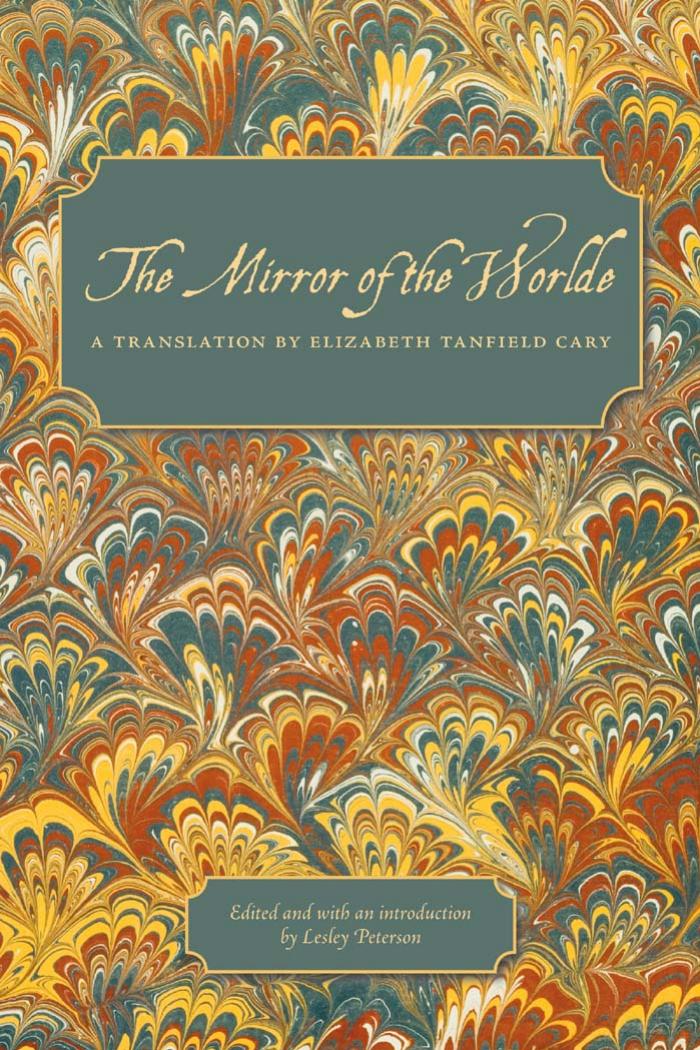

Most ebook files are in PDF format, so you can easily read them using various software such as Foxit Reader or directly on the Google Chrome browser.
Some ebook files are released by publishers in other formats such as .awz, .mobi, .epub, .fb2, etc. You may need to install specific software to read these formats on mobile/PC, such as Calibre.
Please read the tutorial at this link: https://ebookbell.com/faq
We offer FREE conversion to the popular formats you request; however, this may take some time. Therefore, right after payment, please email us, and we will try to provide the service as quickly as possible.
For some exceptional file formats or broken links (if any), please refrain from opening any disputes. Instead, email us first, and we will try to assist within a maximum of 6 hours.
EbookBell Team

5.0
98 reviewsThe Mirror of the Worlde is an important addition to the canon of Elizabeth Tanfield Cary. Best known for her play The Tragedy of Mariam, Cary is revealed here as a sheltered but precocious child who translated the texts accompanying the maps in an early modern atlas when she was no more than twelve. This book identifies the source text and makes widely available for the first time the full transcription of Elizabeth Cary's manuscript translation of L'Epitome du Théâtre du Monde d'Abraham Ortelius (c. 1588). Dedicated to her mother's well-connected aristocratic uncle, Sir Henry Lee, The Mirror of the Worlde - one of the first known English versions of Ortelius - is a rich source of information about her childhood and education, the writers who influenced her, and the emerging themes and preoccupations that would come to inform her later work. Peterson's critical edition illuminates the strategies by which this savvy young writer finds means to comment on the atlas' descriptions, reveals an active and original authorial presence, and suggests a much earlier interest in Catholicism than biographers have hitherto considered. An impressive work of apprenticeship, The Mirror of the Worlde shows Cary honing her poetic craft, mastering the rhetoric of polite resistance, and, above all, thinking critically about the place of women in the wide, wonderful, and often violent world that Ortelius depicted.